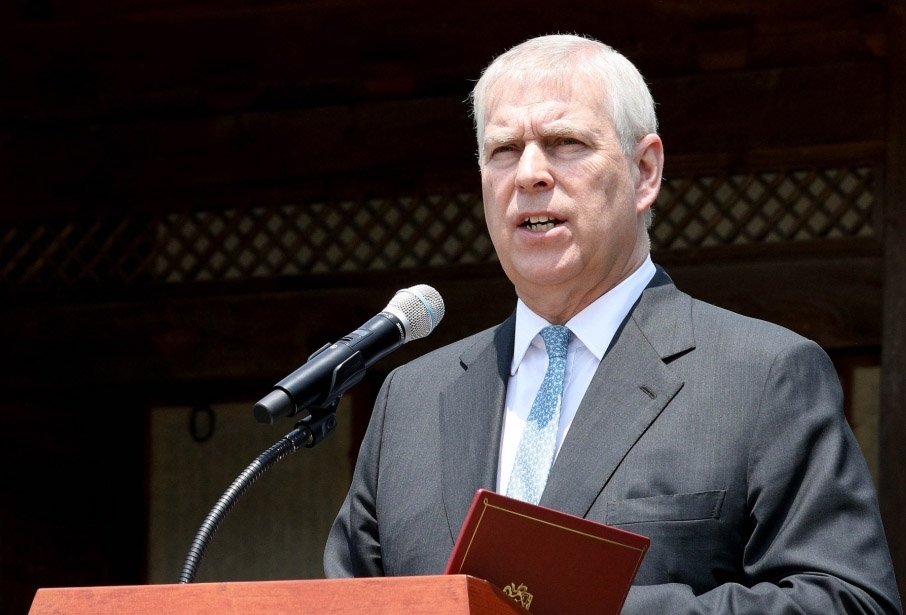The government and NatWest said on Monday that the Treasury’s holding will drop from 14.2% to 11.4%, after the sale of shares at a price of about £3.81, the bank’s closing price on Friday. ..reports Asian Lite News
NatWest has bought back shares worth £1bn from the UK government, as the privatisation of the bailed-out bank continues after a plan to offer a chunk of the stock to retail investors was abandoned.
The government and NatWest said on Monday that the Treasury’s holding will drop from 14.2% to 11.4%, after the sale of shares at a price of about £3.81, the bank’s closing price on Friday.
The government’s shareholding has reduced by more than two-thirds in 2024 from about 38% in December 2023. The sale means the government has now recouped more than £20bn from the sale of shares that it has held since a £46bn bailout in 2008 during the financial crisis, when the Treasury was forced to step in to prevent the bank, then called Royal Bank of Scotland, from going under. The government owned 84% of NatWest when it was part-nationalised.
In the years since, the bank has returned to a more stable footing and the Treasury has tried to recoup what it can from sales of shares to return it to private ownership.
The former Conservative government also tried to use the stake to further other policy goals. Under the former chancellor Jeremy Hunt that included a push to encourage British people to invest more in UK stocks through a privatisation campaign aimed at retail investors.
The planned retail sale, promoted through an advertising campaign starring newsreader Trevor McDonald, would have tried to emulate the “Tell Sid” campaign to privatise British Gas in the 1980s under the then prime minister, Margaret Thatcher. However, NatWest was left with costs of £24m spent on the campaign, which was left unused after the Conservatives called a general election in May.
At the budget last month under the new chancellor, Rachel Reeves, the Treasury said it was “stopping programmes that are no longer priorities, such as the retail sale of NatWest shares”.
Instead, the Treasury intends to sell its stake by 2025 or 2026 “utilising a range of disposal methods, subject to market conditions and achieving value for money for taxpayers”. It sold more shares a day after the budget, on 31 October.
The £1bn share purchase announced on Monday was the second off-market “directed buy-back” of the year, after NatWest shareholders voted in favour of allowing the bank to buy up to 15% of shares a year from the government.
The Treasury has also been selling shares gradually via the stock market. Shares in NatWest have risen nearly 20% since Labour’s election victory in early July.
Gary Greenwood, an analyst at Shore Capital, said: “This directed share buy-back has come a little sooner than we expected and so brings forward the likely point at which the government will have fully exited its shareholding – we assume it will be all out by the middle of next year or possibly sooner.”
Paul Thwaite, the NatWest chief executive, said: “As a result of NatWest group’s continued strong performance, we are pleased to have today completed our second buy-back of government shares of 2024, further reducing HM Treasury’s shareholding.
“This transaction represents another important milestone on the path to full privatisation. We believe it is a positive use of capital for the bank and for our shareholders and we are pleased with the sustained momentum in reducing HM Treasury’s stake in NatWest group throughout this year.”
At the budget on 30 October the government said it had raised £19.1bn from sales of NatWest shares. Within that figure, £8.6bn was achieved through a trading plan announced in 2021 by the former Conservative government.
The regular share sales have provided a steady stream of work for bankers. The US investment bank Goldman Sachs is working as “privatisation adviser” for UK Government Investments, the body that manages the stake, while another, Morgan Stanley, manages the trading plan. Merrill Lynch is advising NatWest.
ALSO READ: Why Donald Trump won and Kamala Harris lost













